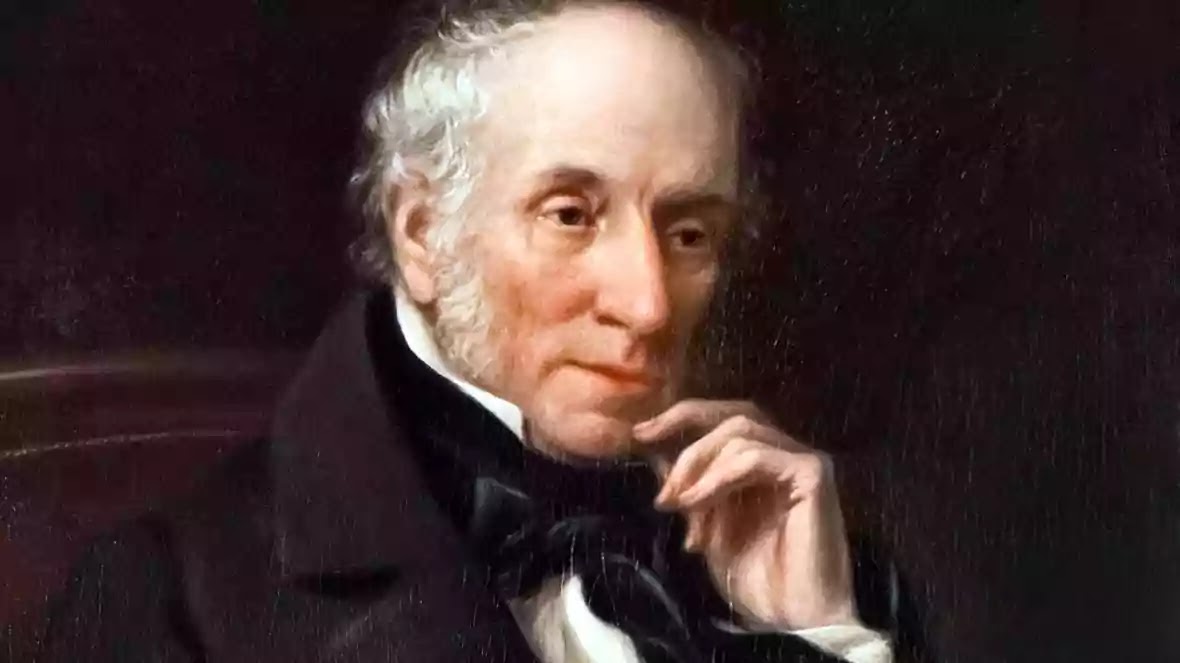William Wordsworth’s sonnet On the Extinction of the Venice is a touching account of Venice in her days of glory and prosperity as also of wretched fall under Napoleon’s imperialistic lust. The first eight lines- the octave of the sonnet present the first aspect, while the sestet treats the second, and is an emotive expression of the sad decline of the city.
Wordsworth first dwells on what Venice once was. Venice was then possessed of power and prosperity. He personifies Venice as a maiden, bright and fresh. He refers to the strength of the Republic to dominate the gorgeous eastern countries and to act as a bulwark for the security of the West. Venice, as a centre of liberty, remained high and dignified in Europe.
In his description, the poet calls this ‘a maiden city’, which was bright and free. He implies here the great heritage of the city as a place of unassailable freedom and asserts further that no force or fraud could violate or seduce that dignity of its freedom. Finally, the poet mentions the grand tradition of the city’s annual marriage to the Adriatic Sea. But all that belonged to the great past of Venice.
The sestet is about the present – the present fall and degeneration of Venice. The aggression of Napoleon ended the glory and the liberty of Venice. The old Republic was ruthlessly crushed under the chariot wheels of a cruel conqueror. The sestet feelsingly refers to all that Venice lost – ’glories’, ‘titles’, and ‘strength’. The great Republic of the past was reduced to servitude under Napoleon. Venice could no more have all that once had made her great and glorious, and this is well echoed in the poet’s lament-
And what if she had seen those glories fade
Those titles vanish, and that strength decay
The poet feels impulsively, too, that all that is left is a sad memory of a grand past for which a regretful tribute needs to be paid in all sincerity. He admits that great Venice has no more its old splendour, honour, and power, but asserts that the extinction of that grand past under the tyrannical imperialistic design is a matter of deep grief for all human hearts-
Men are we, and must grieve, when even the shade
Of that which once was great is pass’d away.
Also read: Significance of the title of Far From the Madding Crowd by Thomas Hardy

Leave a Reply